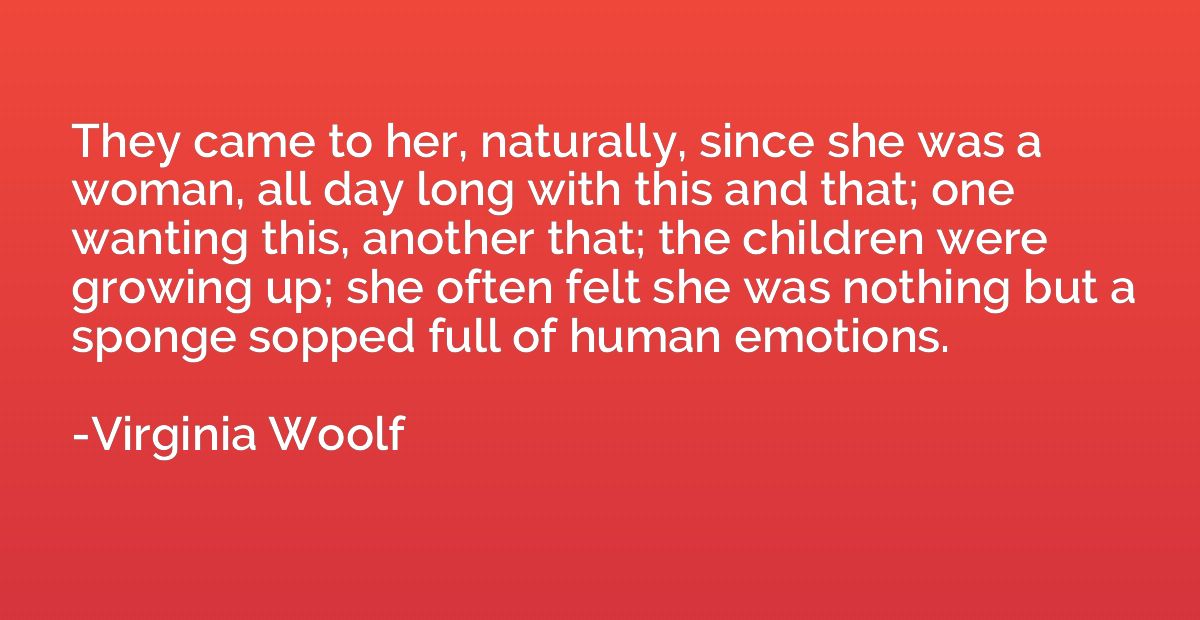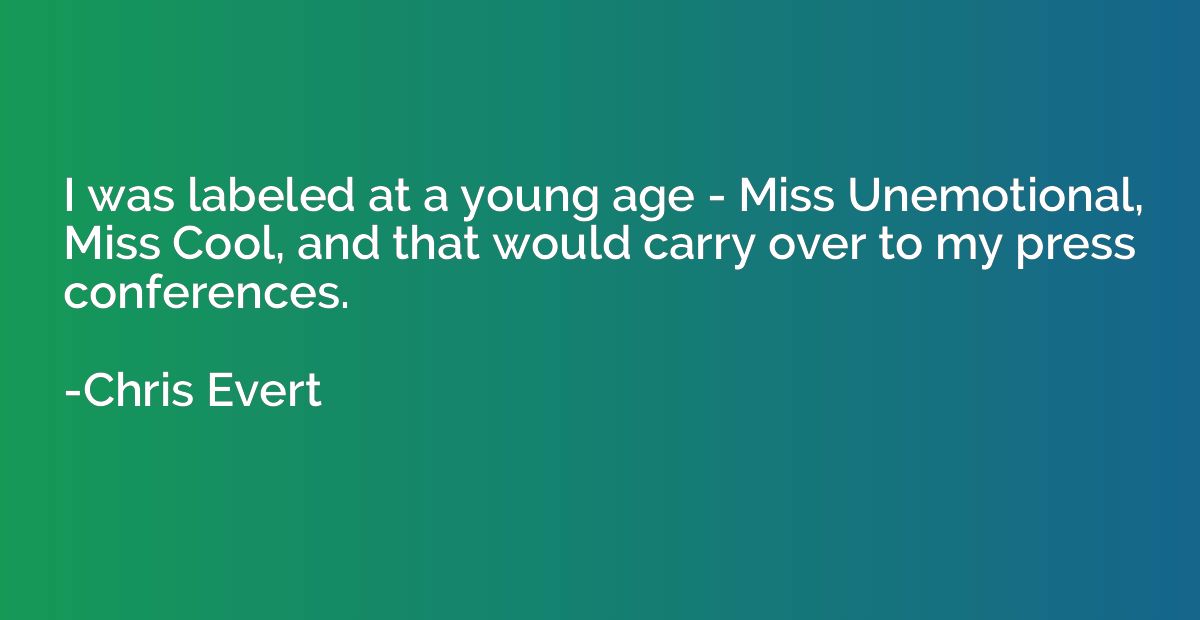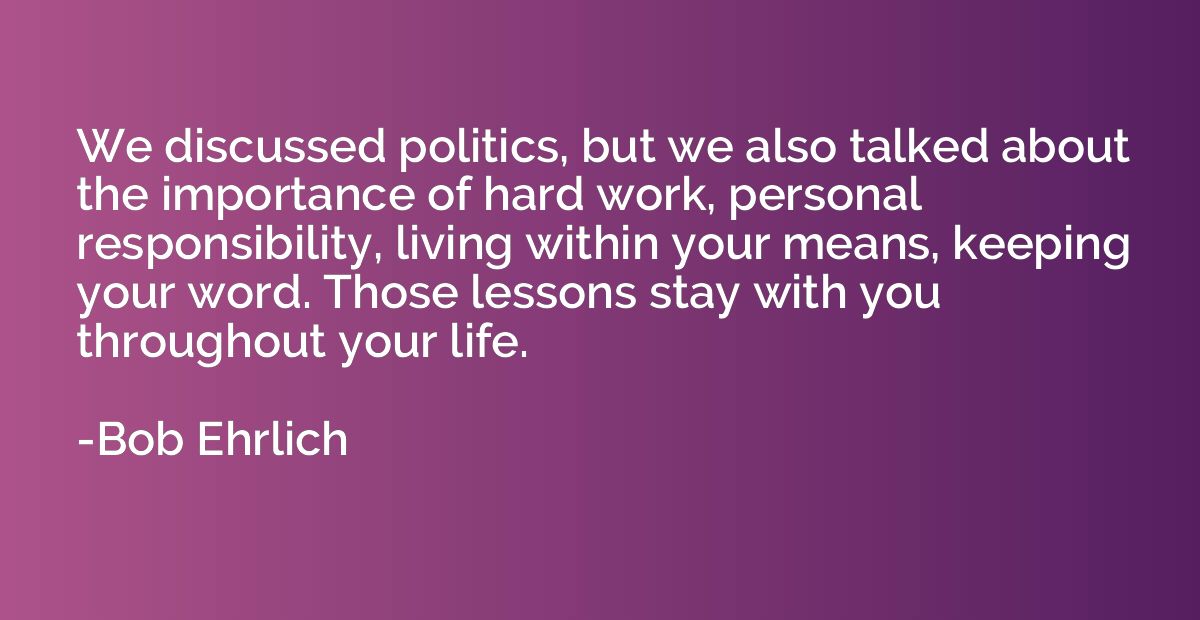Quote by Virginia Woolf
They came to her, naturally, since she was a woman, all day long with this and that; one wanting this, another that; the children were growing up; she often felt she was nothing but a sponge sopped full of human emotions.

Summary
This quote depicts the experience of a woman who is constantly relied upon by others. As a woman, society often expects her to be the caretaker and problem solver. Throughout the day, people approach her with their needs and wants, whether it's her family members or others seeking her assistance. This continuous flow of requests and emotions drains her, leading her to feel like she is merely a vessel absorbing the emotions of those around her.














